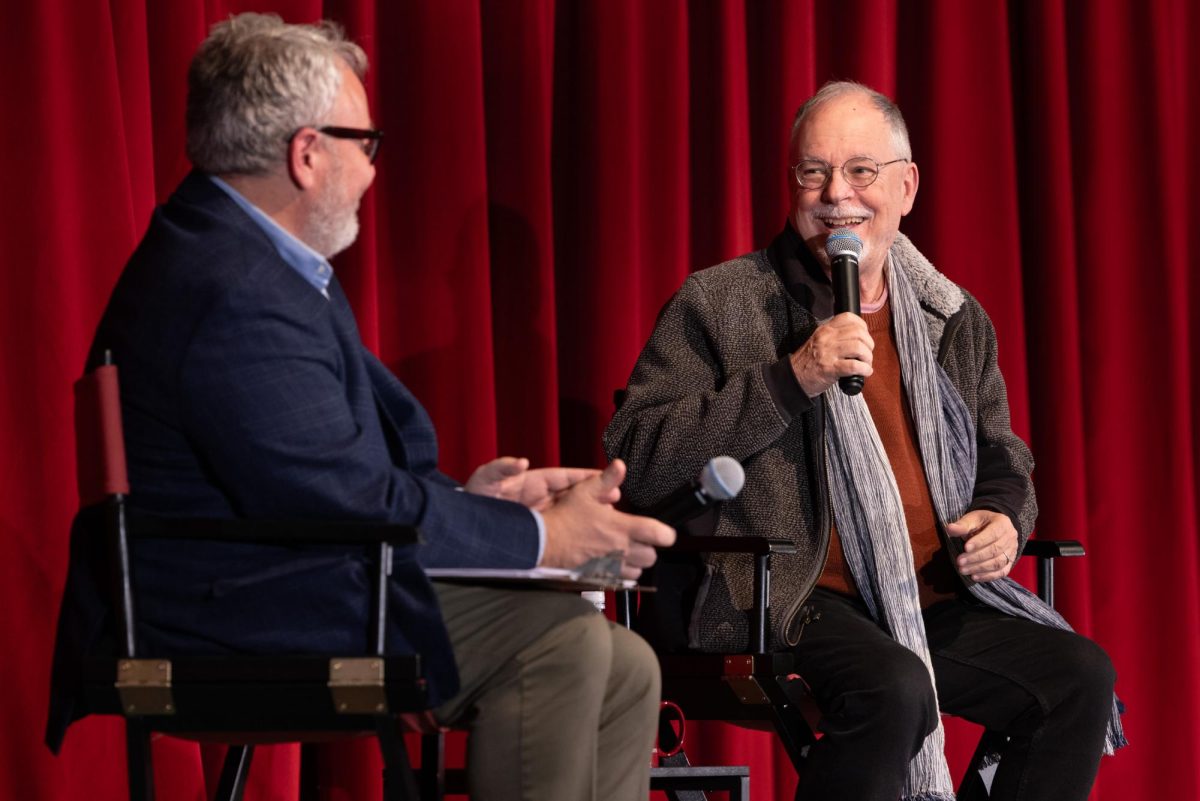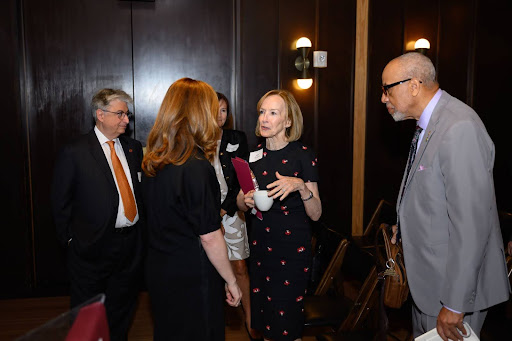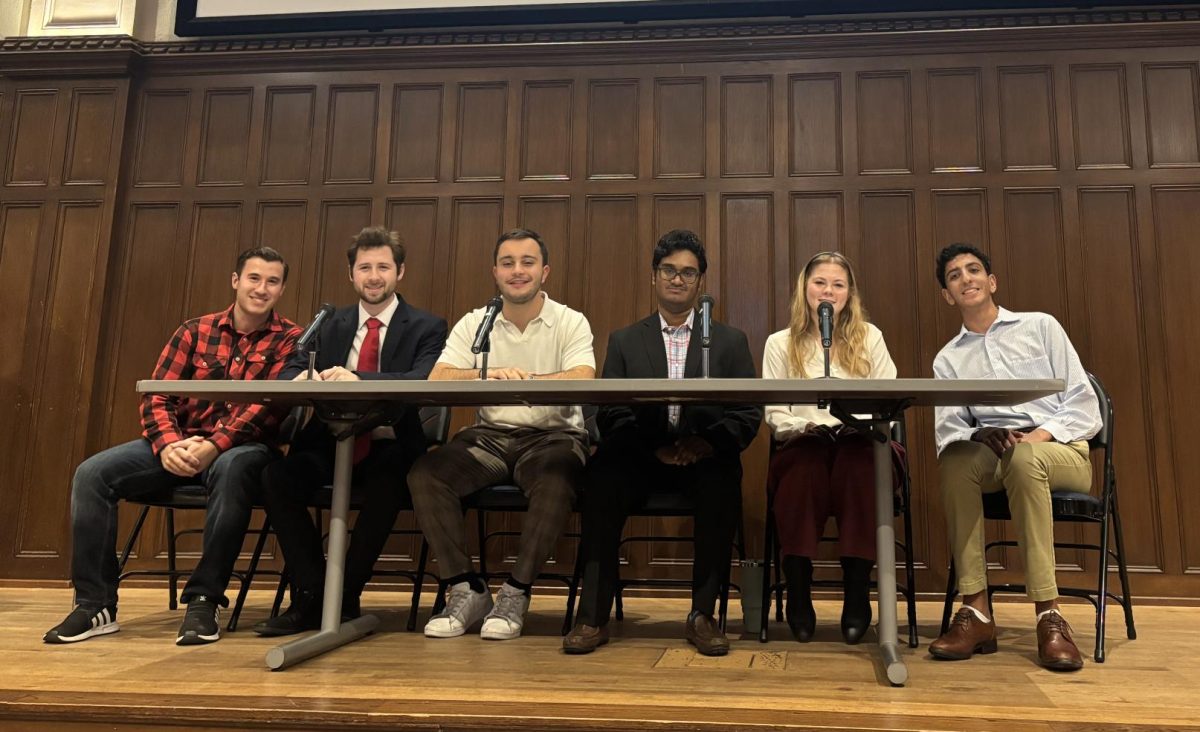It’s a Friday evening when Elena Meuse, FCRH ’16, steps off the Metro North platform and makes her way back to her Walsh apartment. Her week ends after completing a 16-credit workload and 16 additional hours interning at Random House Children’s Books in Manhattan.
Presently, however, the English and communications major, hoping to break into the publishing field, walks away with something other than the valuable work experience coveted by thousands of other college-aged interns: a paycheck.
“It got very exhausting having to balance interning with both class and a job because my internship was costing money,” Meuse said in reference to the unpaid internship she held last year. “Since my current internship is paid, I am able to cut back my work-study hours so I have more time for school work. Last semester I just didn’t sleep.”
Internships are widely regarded as a rite of passage among the 20-something pre-professionals of the United States, and Fordham University boasts that on average, 91 percent of Gabelli School students alone hold at least one internship during their college careers.
“I’ve seen a lot of my classmates go for unpaid internships that they obviously don’t want to do, just so they can put it on their resumes,” said Kaitlyn McWha, GSB ’17. This summer she will be completing her fourth internship at Arthur J. Gallagher, an insurance brokerage on Park Avenue. This will be the first time she will receive financial compensation as an intern. “It seems to me that if a firm or company is paying you, it is viewing you as an investment, which will more likely turn into a job offer in the future.”
The numbers seem to corroborate McWha’s observation. According to a survey from the National Association of Colleges & Employers (NACE) 2013 Internship & Co-op, more than 40 percent of the total expected number of new workers for 2012 – 2013 were expected to come from a company’s internship program. However, the survey also reported from NACE’s 2013 Student Survey that around 60 percent of 2015 college graduates in 2013 who completed a paid internship received at least one job offer from the company they had worked for, while only 37 percent of unpaid interns received job offers. What is more, 35 percent of students with no internship experience received job offers upon graduating from college, which is telling for any college student intending to leverage their internship experience to attain full-time employment.
Recent Fordham grads, such as David Emami, GSB ’14, are living testaments to the long-term value of paid internships.
“Both my paid internships at Success Academy Charter School and Royal Bank of Canada were very beneficial,” said Emami, who is currently employed at the Royal Bank of Canada.
“Besides the obvious additional spending money, my internship at RBC became a full time job, and the pay was nice because it made me feel like they were invested in my career development,” he added.
Emami acknowledged that with more pay comes more responsibility. “I actually probably had less job security since it was paid because if I was not performing up to expectations, they would not be getting their money’s worth,” Emami said. “Alternatively, it is very difficult to justify firing free labor.”
Fordham Career Services states its expectation that private sector corporations taking on students as unpaid interns abide by the six-part criterion set out by the U.S. Department of Labor Wage and Hour Division. The provisions require that the internship be similar to training which would be given in an educational environment, the internship experience is for the benefit of the intern, the intern does not displace regular employees, the employer that provides the training derives no immediate advantage from the activities of the intern, the intern is not necessarily entitled to a job at the conclusion of the internship and the employer and the intern understands that he or she is not entitled to wages for the time spent in the internship.
Despite this criterion, many students believe the inherent unfairness of such a system is glaring.
“Having an unpaid internship was very frustrating, because I had to spend money on transportation and I had to spend time interning that sometimes took away from my work-study hours,” Meuse said. “It wasn’t just that I wasn’t making money…I was losing money.”
Meuse is currently considering holding an internship over the summer, the one time during the year she usually spends capitalizing on summer jobs and increasing her revenue. “The past few summers I worked a lot of hours to save up money so now I can afford to intern,” Meuse said.
“Since there aren’t many opportunities for paid internships in English fields, and especially not in communication fields during the highly competitive summer internship season, I can’t rely on making money at my next internship,” she said. “I’ll probably have to end up working and interning.”









































































































































































































